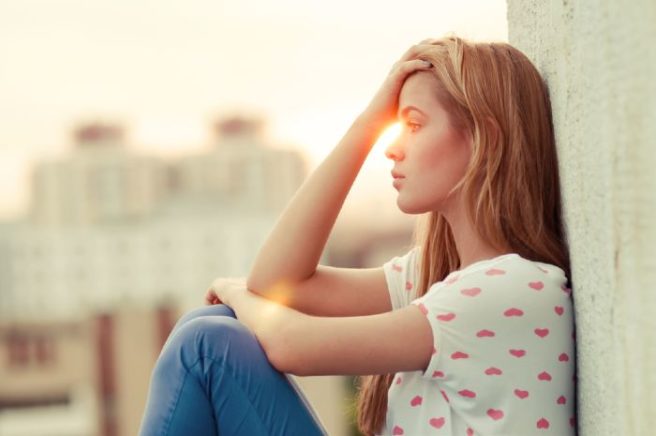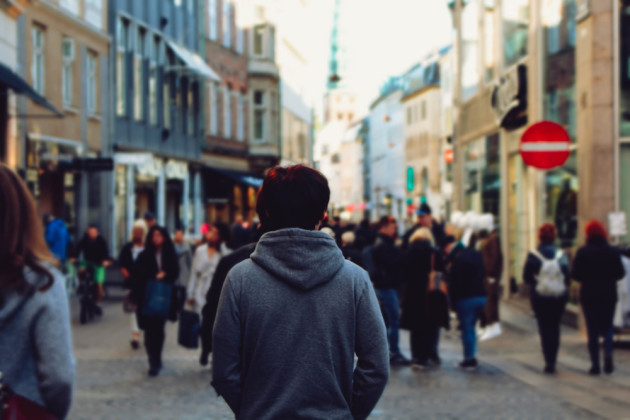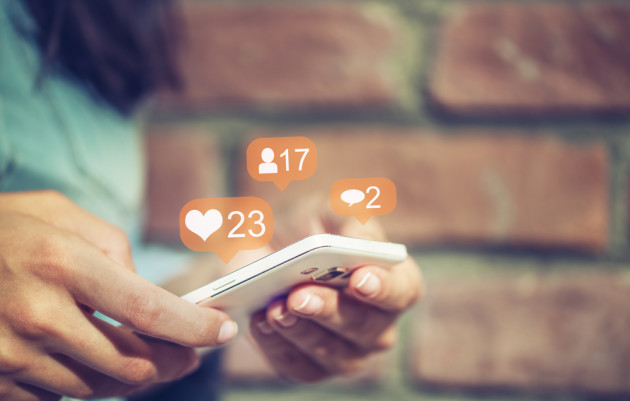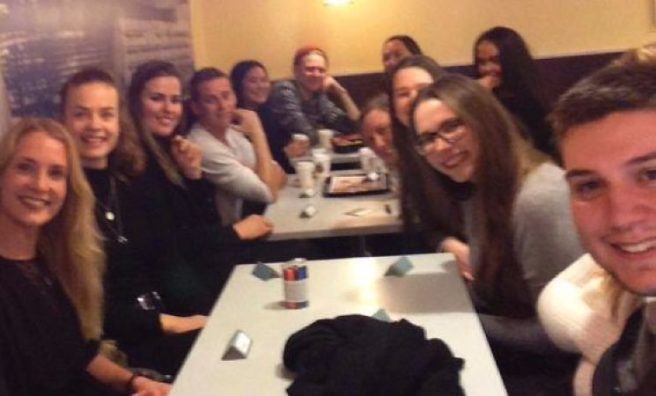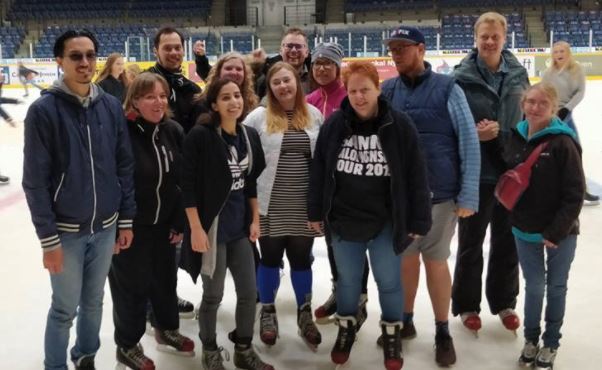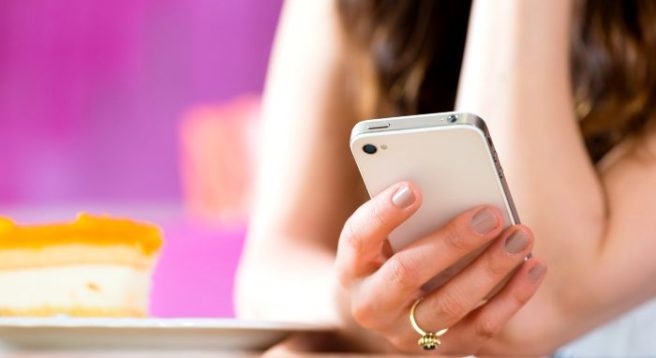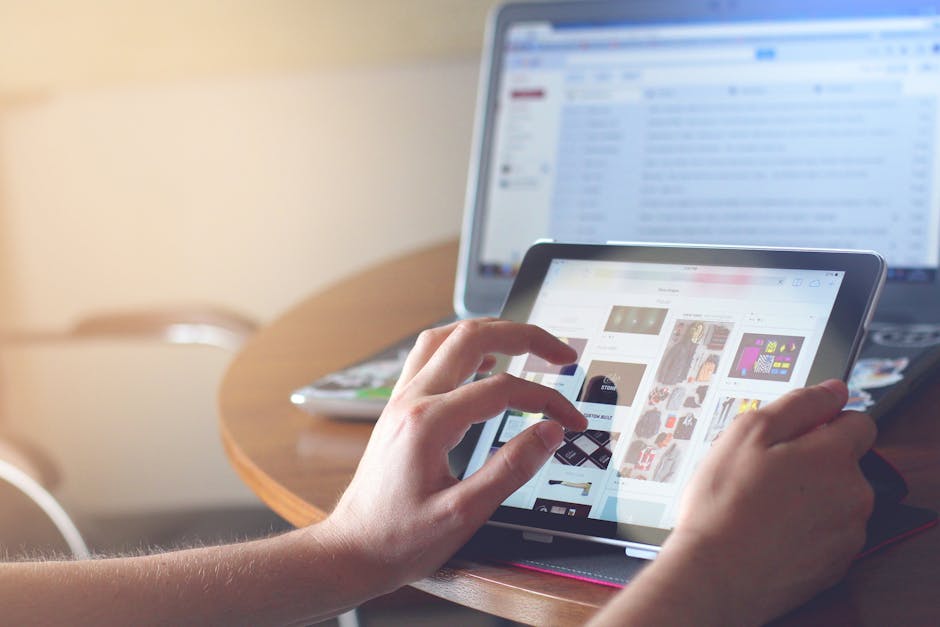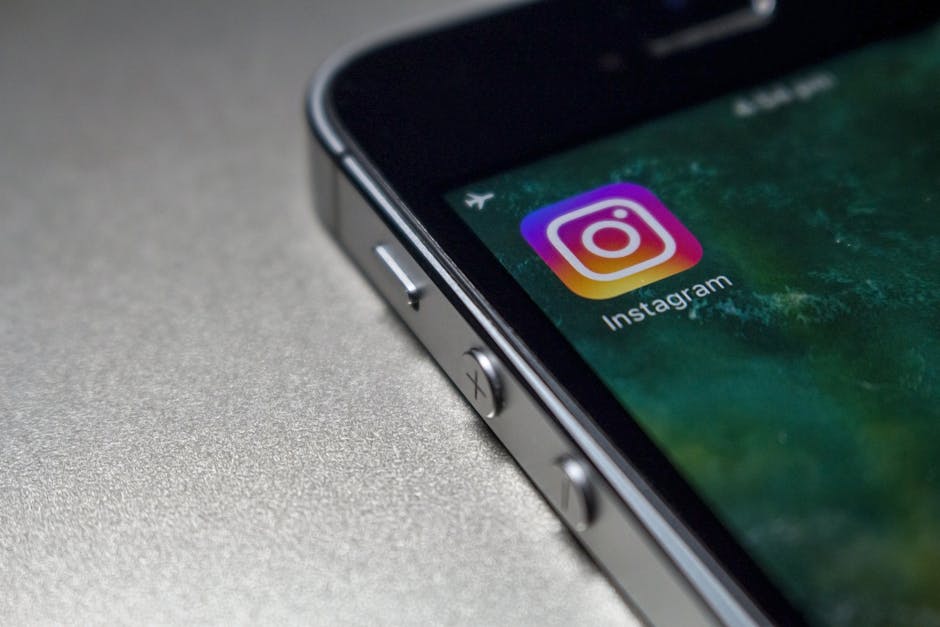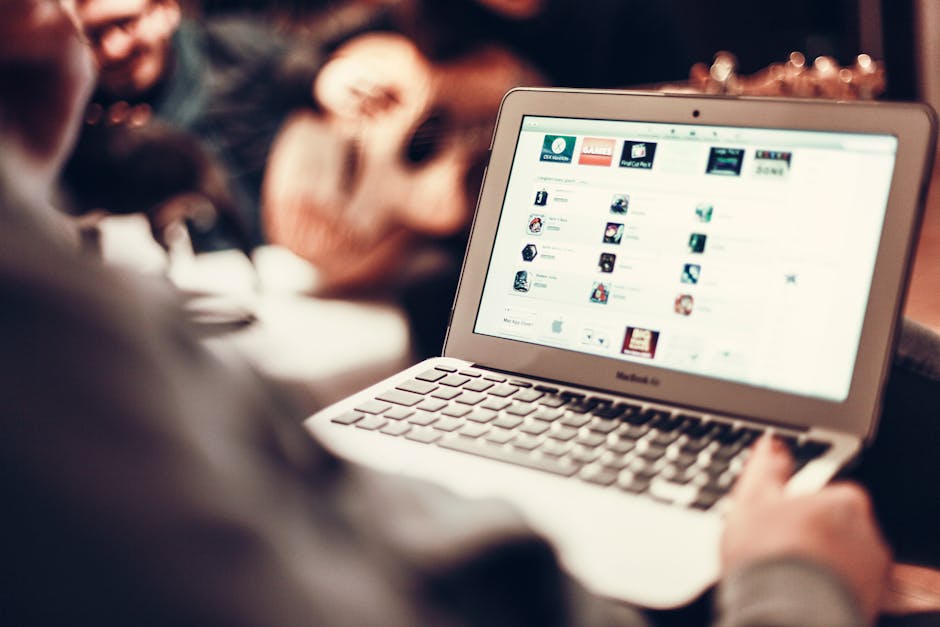People with social anxiety more likely to be addicted to dating apps
For some of us, face-to-face contact while your mental health is at a low point can be incredibly difficult.
According to researchers at Ohio State University, people who describe themselves as lonely and socially anxious are more likely to become addicted to dating apps.
269 college students were surveyed for the study, which found that participants who referred to themselves as anxious and lonely were increasingly addicted to the online platforms.
Addiction can be described as a habit which interferes with your daily life, be it your mental health, physical health, work life, friendships, romantic relationships, family life or school life.
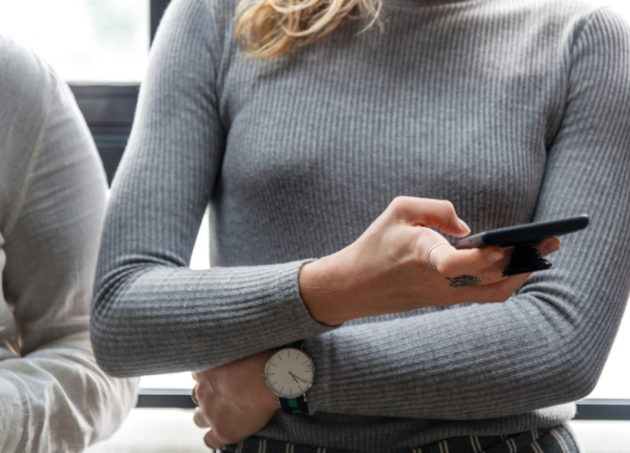
One of the lead researchers said of the results that socially anxious people must watch their habits more; "Especially if you're lonely, be careful in your choices. Regulate and be selective in your use."
The more mindful practice is called 'slow dating' and it can increase the quality of your dating app matches.
Tinder, Bumble, Hinge and OKCupid have made it possible for people to access a wide dating pool, but the consequences of this could be negative for those who deal with chronic loneliness.
To test this, researchers had students answered online survey questions like "Are you constantly anxious around other people?" to determine their levels of social anxiety and loneliness.

They were also asked whether they agreed with statements like "I am unable to reduce the amount of time I spend on dating apps." A sense of security was found online, rather than in person.
The researchers discovered that people with higher levels of social anxiety claimed they preferred to meet people on dating apps rather than in person, and favoured socialising via messaging.
Many of these people with social anxiety may lack confidence in their own social skills, and can seek protection on these apps form face-to-face rejection or awkwardness.
When those in the survey reported being both socially anxious and lonely, they also used dating apps to the point of addiction.

However, students who said they were anxious but not lonely, or those who said their feelings of loneliness were only low to moderate, didn't display behaviours that suggested addiction.
The small study relied on self-reported data from students, so don't be overly worried about your constant dating app use. Mindfulness is still a priority, for your health and dating prospects.
Creating limits surrounding dating apps could benefit both your mental health and your chances of scoring a decent date.
Bear in mind that your motive should be healthy. It's a dangerous notion to rely on interest from men or women for your own happiness or self-esteem.






